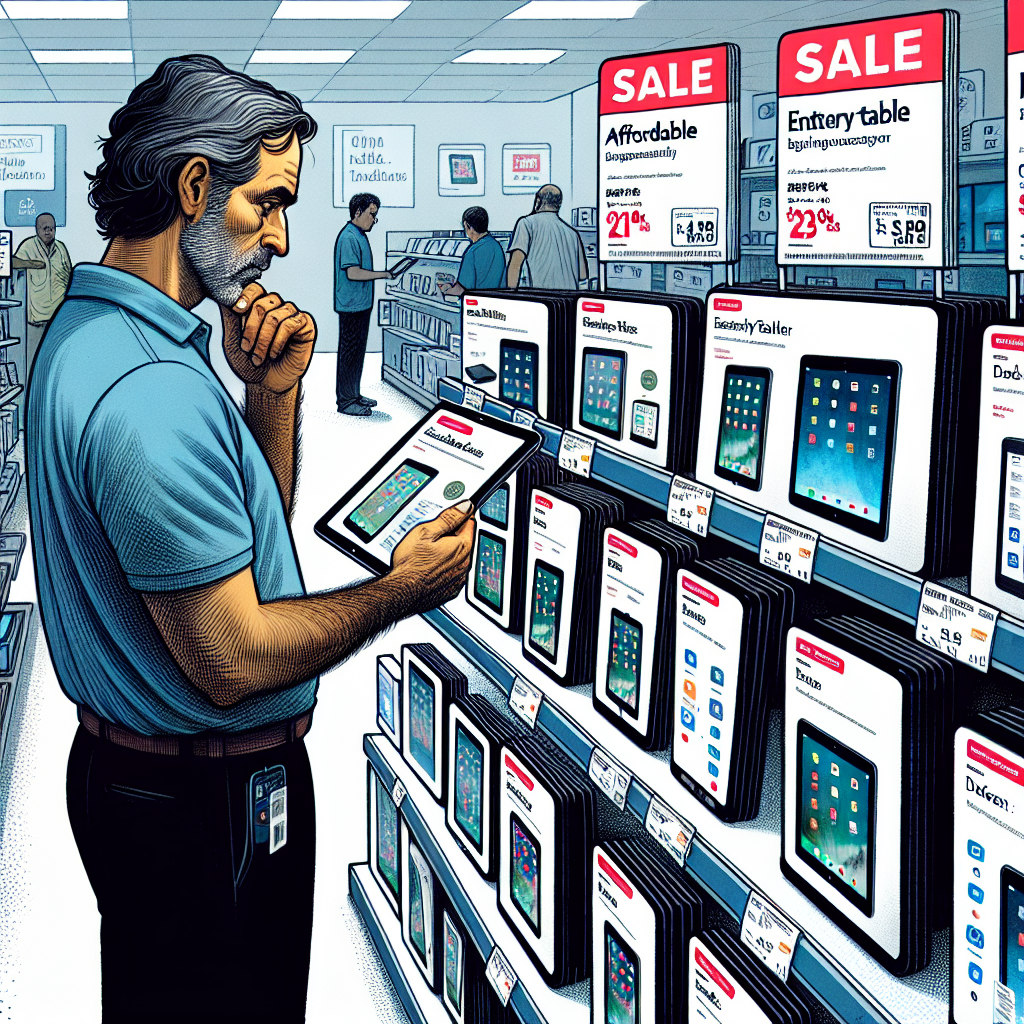Tablets are handy for streaming, reading, video calls, and even casual productivity. But you don’t need to splurge on a flagship model to get a solid device for everyday use. Here’s what to consider when buying a budget tablet.
Performance: Good Enough Is Often Good Enough You’re not buying a laptop replacement. Most budget tablets under $200 can handle:
Streaming services like Netflix or YouTube
Video calls
Web browsing
Reading e-books
Basic games and apps
Look for at least 2–3 GB of RAM and a modern processor (e.g., MediaTek or Snapdragon) for smoother use.
Display Quality Matters More Than Resolution While high resolution is nice, clarity and brightness are more important:
8 to 10 inches is a sweet spot for screen size
Look for IPS panels for better viewing angles
Avoid screens with low brightness or poor contrast if you plan to use it outdoors
Storage and Expandability Many budget tablets only offer 32GB of internal storage. If you plan to download apps or videos, choose a model that supports microSD cards — this can extend usable space at a low cost.
Battery Life Aim for 7–10 hours of usage per charge. Real-world reviews are more accurate than claimed numbers. A tablet with decent standby time and quick charging is more practical.
Operating System and Updates
Android: Offers more affordable models and app flexibility
Fire OS (Amazon tablets): Cheaper, but tied to Amazon’s app store
iPad (older models): Still excellent, but rarely below $200
If longevity matters, check how often the brand pushes security and software updates.
Build and Ports Plastic builds are common but not necessarily a drawback. Look for:
USB-C ports for charging and data
Headphone jack if you still use wired audio
Dual speakers for better sound quality
Trusted Entry-Level Brands
Amazon Fire HD series
Samsung Galaxy Tab A
Lenovo Tab M-series
TCL Tab These models balance price, reliability, and support well.
Final Thought An affordable tablet won’t replace a high-end device, but it doesn’t need to. If you focus on the right features — display, battery, and expandability — you can enjoy smooth daily use without stretching your budget.
